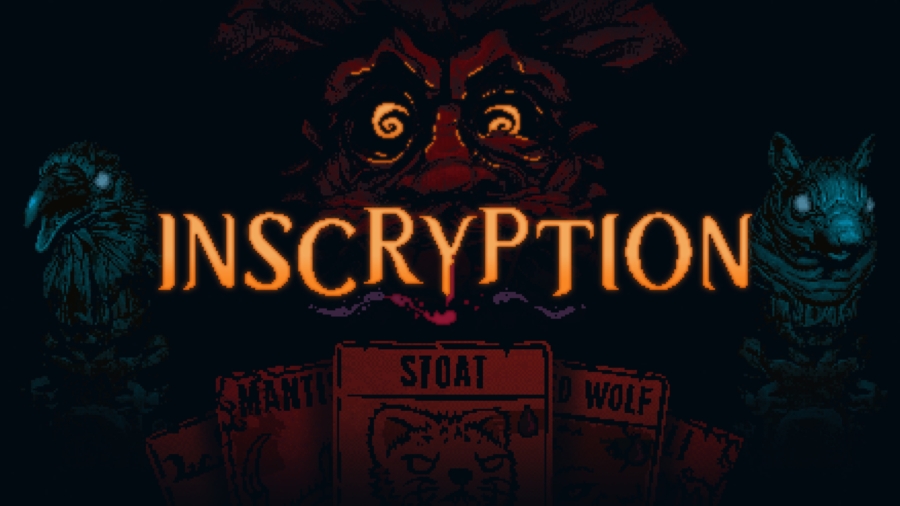Inscryption Spiel: How Much Game Should Reveal Itself?
Spoiler alert for the game ahead. The game Inscryption was released in 2021, and I suspect most of the hypes and attentions it had once received have settled down since. Back in 2021, I ended up postponing writing a piece for the game, as I believed the game was technically being played out and discussed in the community. Much of the topic I am about to discuss has less to do with the game itself, but how the game was advertised and sold.
With Spoilers, Spiel
The Inscryption that was sold on the store front back in 2021, and even till today, is the dark, retro-styled 3D, deck builder with some elements of escape room. As far as I could see it, the game doesn’t make itself easily known that there are more surprises waiting for its consumer; gamers are also consumers who are willing to pay for the products. In the steam page’s own words, Inscryption is:
an inky black card-based odyssey that blends the deckbuilding roguelike, escape-room style puzzles, and psychological horror into a blood-laced smoothie.
Needless to say, this is not the overarching experience most players would have. In the second act of the game, most of what that description implies are gone: the contents of the gameplay, — core system is still deck-builder— its art style, narrative style, and from the smooth to the abrupt introductions of the new gameplay elements. It’s quite a gut punch of an experience, as the players are told the real “Inscryption” as a game in a game is only Act II. All of the beautiful presentations from Act I was meant to lure players in, both in-game and in real world.
But that’s not all. Inscryption is more or less an invitation, a license to another game that is happening which is an ARG. The game description doesn’t make an effort to address the fact that the game is part of the shared universe the developers’ previous game is set. But that alone can be seen an oversight; it’s willful negligence not to mention the game has ARG. Due to nature of it being augmented reality, the show was never permanent; it was more or less a theatrical run. Imagine you bought a physical copy of a game, only to find out you have to attend a TRPG session half away across the globe 4 years ago.
The case of Inscryption raises so many questionable practices seen on the Steam platform: selling a game that has great but only for first two hours (return window of Steam) of experience, selling a game that is different from the description, selling a genre of a game that fundamentally cannot reveal its contents on the store page, selling a game that entirely different genre that the one advertised, and so on. I don’t suppose Valve or any other consumer rights group started working on the case. It will be one hell of a problem to solve, but it is a problem that is worth while to solve, for both the prospective buyers of the game and the developers of the game.
